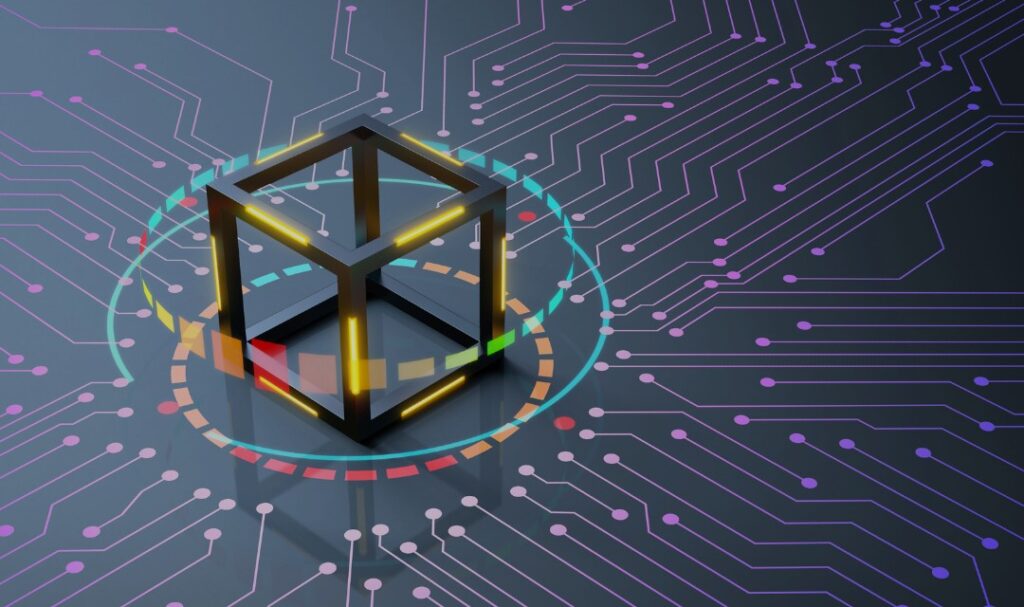Blockchain is a decentralized, digital ledger that records transactions in a secure and transparent way. Here’s everything you should know about blockchain:
- How it works: Blockchain uses a distributed network of computers to create a tamper-proof ledger of transactions. Each block contains a set of transactions, and once a block is added to the blockchain, it cannot be altered.
- Key features: Blockchain has several key features that make it attractive for a variety of applications, including decentralization, transparency, immutability, and security.
- Applications: Blockchain has many potential applications beyond cryptocurrency, including supply chain management, identity verification, voting systems, and more.
- Types of blockchain: There are several types of blockchain, including public, private, and consortium. Public blockchains, like Bitcoin and Ethereum, are open to anyone to participate in, while private blockchains are restricted to specific groups or organizations. Consortium blockchains are a hybrid of public and private blockchains.
- Cryptocurrency: Cryptocurrency is the most well-known application of blockchain technology. Bitcoin was the first cryptocurrency to use blockchain technology, and now there are thousands of different cryptocurrencies that use blockchain.
- Challenges: Despite its potential, blockchain faces several challenges, including scalability, interoperability, and regulatory concerns.
- Future outlook: Many experts believe that blockchain technology will continue to evolve and disrupt a variety of industries, including finance, healthcare, and more.
In summary, blockchain is a decentralized, digital ledger that has many potential applications beyond cryptocurrency.
Blockchain is a decentralized ledger technology that has revolutionized the way we store, share, and transact data. It enables users to securely store and transfer digital assets without requiring third-party verification. It also allows users to create tamper-proof records of transactions.
The use of blockchain can be applied in various industries such as finance, healthcare, supply chain management, legal industry, and more. It provides an efficient, secure and transparent way to process transactions without the need for a middleman or centralized authority.
This article aims to provide you with an overview of everything you should know about blockchain – from its basic concept and history to its potential applications in business operations today. We will also discuss some of the potential risks associated with blockchain technology as well as its potential role in the future of digital business operations. It has several key features that make it attractive for a variety of applications, and many experts believe that blockchain technology will continue to evolve and disrupt a variety of industries in the future.

